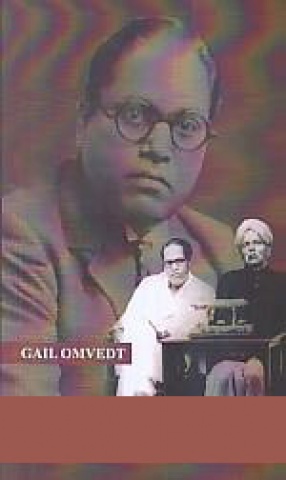
Gail Omvedt

Showing all 9 books
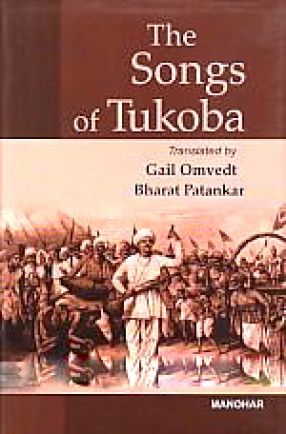
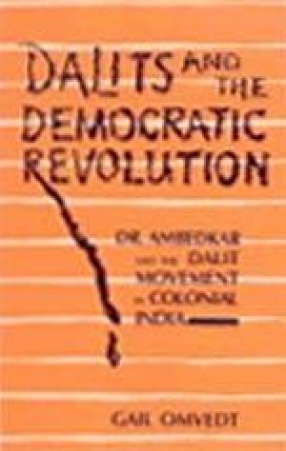
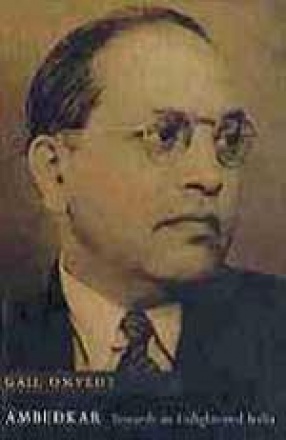


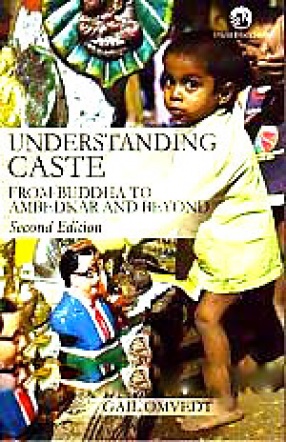
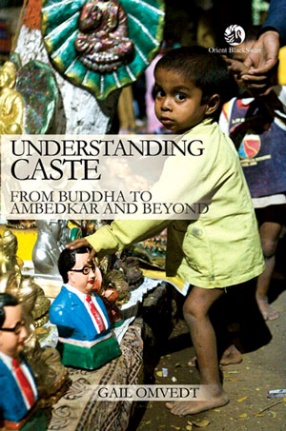
Understanding Caste approaches the historical issue of caste and anti-caste movements from a position of insightful inquiry and rigorous scholarship. Critiquing the sensibility which equates Indian tradition with Hinduism, and Hinduism with Brahmanism—which considers the Vedas as the foundational texts of Indian culture and discovers within the Aryan heritage the essence of Indian civilisation—it shows how even secular minds remain imprisoned within ...
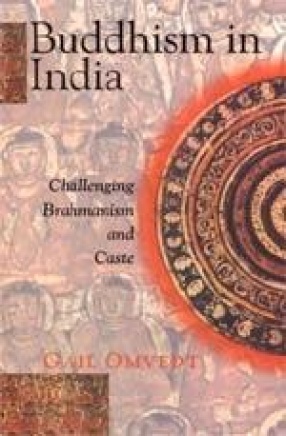
As a consequence of the recent activities and utterances of the aggressive forces of Hinduism (or Hindutva), the twin issues of religion and identity are at the forefront of social and political discourse in India. This has also led to a growing interest in Buddhism and a reconsideration of the role of Christianity and Islam in India as well as given rise to a far-reaching reassessment of the cultural, spiritual and artistic heritage of the subcontinent. This ...

This important book traces the history of the Dalit movement from its beginnings in the nineteenth century to the death of its most famous leader, B.R. Ambedkar, in 1956. Focusing on three states -- Andhra, Maharashtra and Karnataka -- Dr. Omvedt analyses the ideology and organization of the movement and its interaction both with the freedom struggle (particularly with Gandhi and Gandhism) and the 'class' struggles of the workers and peasants (and their dominant ...
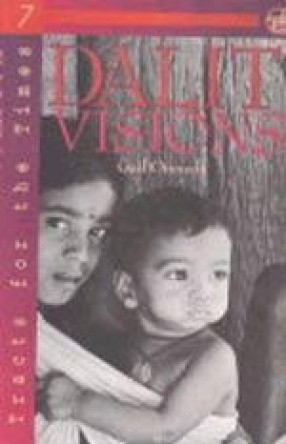
Dalit visions explores and critiques the sensibility which equates Indian tradition with Hinduism, and Hinduism with Brahmanism; which considers the Vedas as the foundational texts of Indian culture and discovers within the Aryan heritage the essence of Indian civilization. It shows that even secular minds remain imprisoned within this Brahmanical vision, and the language of secular discourse is often steeped in a Hindu ethos. The tract looks at alternative ...

Born in 1891 into an untouchable family, Dr Bhimrao Ramji Ambedkar was witness to all the decisive phases of India’s freedom movement. While the well-known elite nationalists like Gandhi and Nehru led the struggled for political freedom from British colonial rule, Ambedkar fought a correlated but different struggle, one for the liberation of the most oppressed sections of Indian society. Ambedkar’s nationalism focused on the building of a nation, on the ...

The book unravels the approaches, strategies and methods used by different types of philanthropic organizations in addressing the problems of society. They include community-based national and international organizations, corporate sector organizations, family-based organizations and those run by the government. While it brings insights into the priorities these organizations accord, it specially looks into the question whether these organizations address the ...
